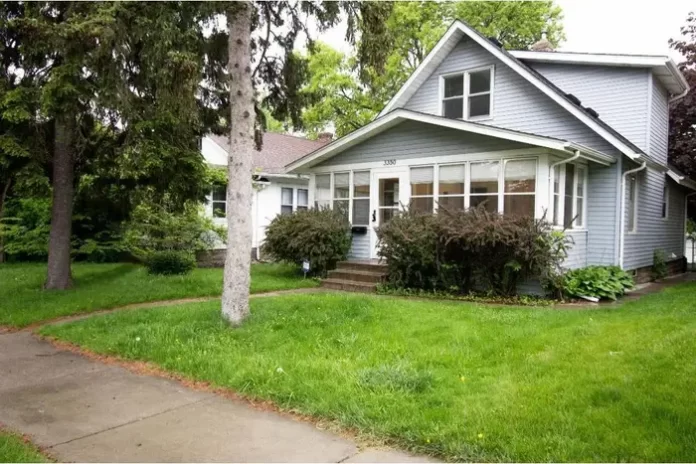It often feels as if, everywhere you look, there are people claiming to make thousands of dollars a month with little or no effort. One common example is investing in real estate and rental units. This passive income is attractive, especially if you are struggling day in and day out to make ends meet. However, there are often many things about these endeavors that people don’t tell you. Before you invest your hard-earned money — or take on debt — on a rental home, consider these things that people don’t readily share about the industry.
Table of Contents
Being a Landlord Is Not Really a Passive Job
No matter what real estate investors and influencers tell you, being a landlord is not a passive job. When you get started, you will need to commit long hours to manage your property. The simple act of accepting applications and approving a tenant can take hours. Plus, you must be careful to stay up-to-date on all housing rights and anti-discrimination policies to avoid trouble.
Many experienced landlords choose to use a property management company to handle these and other tasks. A management company can do everything from accepting applications through post-move out walk-throughs.
Background Screens Are Essential
One way to minimize potential problems is to conduct a comprehensive background screening on all potential renters. Unfortunately, this is only feasible for long-term residential rentals. If you plan to use your property for vacation rentals, you might want to go through an agency that conducts screenings or offers some level of insurance protection.
This is another area where using a property manager is helpful. These professionals know what types of screening tools are available and allowed. They also stay on top of all laws related to housing discrimination, so you won’t make any potentially harmful — and costly —mistakes in that area.
Some Tenants Will Cause Damage
Unfortunately, some of your tenants will cause damage. This happens for several reasons. First, some tenants will simply not take care of your property. They may not feel vested because it isn’t theirs, or maybe they just don’t know how. Little repairs left overlooked for too long can lead to big headaches.
Another common cause of damage to a rental unit happens after an eviction notice is served. Some tenants will take their anger, spite, and frustration out on your house. They may steak appliances, put holes in walls, or tear up carpeting. You could be looking at repair bills that far exceed any security deposit.
Pets can cause damage, too. So keep that in mind if you allow them in your rental. Finally, some individuals have genuine problems, such as hoarding disorder.
If you think you’ll avoid those issues by offering short-term or vacation rentals, you might be looking in the wrong place. You’ve probably heard the horror stories about Airbnb houses being used for massive parties and thought, “That won’t happen to my house.” The truth is, those types of parties can happen to any home, anywhere.
You Will Need To Enforce the Rules
When you have rental properties, you are ultimately responsible for what happens in them. While you cannot control everything that goes on inside your house, you must be willing to enforce the rules when they are broken Some examples of common rule infractions include:
- Tenants who are smoking in a non-smoking home
- Unapproved pets in the house (or pets in a no-animal house)
- Extra people living in the house
- Tenants subletting the property
Problems such as these need to be addressed right away. Inform the tenants (in writing) of the violation and the consequences. It’s common to offer a warning, however, the rental agreement should establish penalties to avoid complications. This is another area where you must stay up-to-date on legalities to limit your liability.
You can make a good living through real estate investing. However, it takes a lot of work to get started, and there will likely be pitfalls along the way. For example, property damage can happen whether you choose to offer long- or short-term rentals. If you have concerns about the amount of work, potential damage, or keeping everything organized, but are still committed to investing in real estate, consider using a property manager to handle everyday tasks.
















